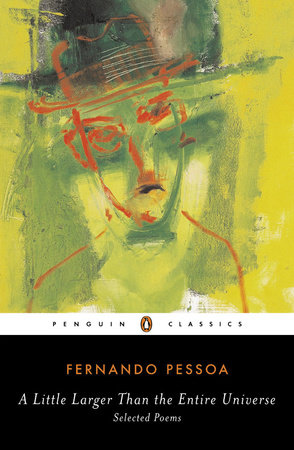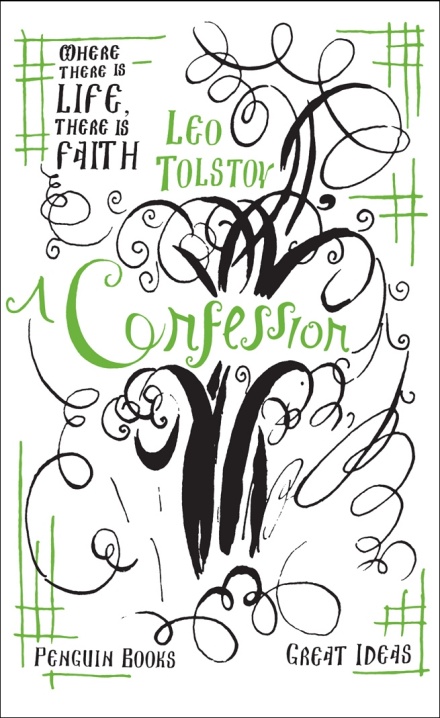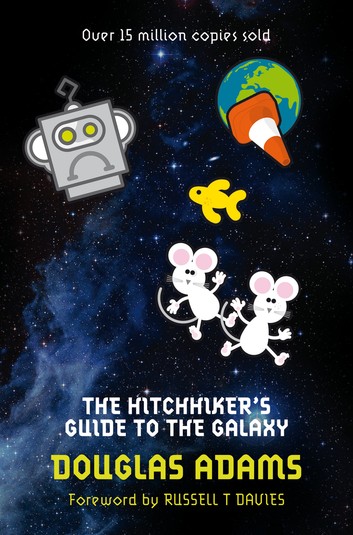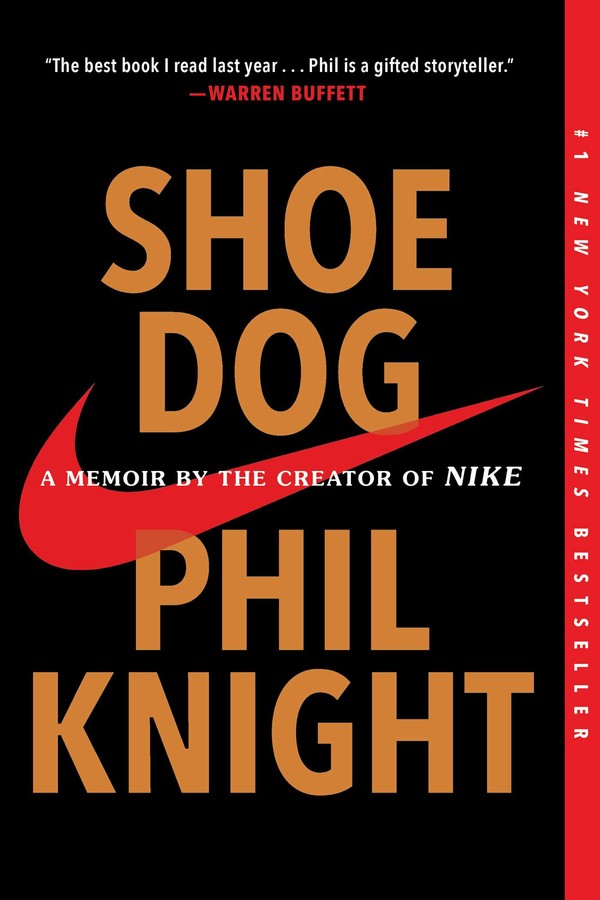- A Little Larger Than the Entire Universe
- A Confession
- The Hitchhiker's Guide to the Galaxy
- Shoe Dog: A Memoir by the Creator of NIKE

A Little Larger Than the Entire Universe
― Fernando Pessoa
Fernando António Nogueira Pessoa was a poet and writer.
It is sometimes said that the four greatest Portuguese poets of modern times are Fernando Pessoa. The statement is possible since Pessoa, whose name means ‘person’ in Portuguese, had three alter egos who wrote in styles completely different from his own.
This is the largest and richest volume of poetry by Pessoa available in English. It includes generous selections from the three poetic alter egos that the Portuguese writer dubbed "heteronyms" - Alberto Caeiro, Ricardo Reis and Alvaro de Campos - and from the vast and varied work he wrote under his own name.
No one loves anyone else; he loves
What he finds of himself in the other.
Don’t fret if others don’t love you.
They feel Who you are, and you’re a stranger.
Be who you are, even if never loved
Secure in yourself, you will suffer
Few sorrows.
Ah, the soft, soft playing,
Like someone about to cry,
Of a song that’s woven
Out of artifice and moonlight…
Nothing to make us remember
Life.
A prelude of courtesies
Or a smile that faded…
A cold garden in the distance…
And in the soul that finds it,
Just the absurd echo of its empty
Flight.
Everything, except boredom, bores me.
I’d like, without being calm, to calm down,
To take life every day
Like a medicine—
One of those medicines everybody takes.
I aspired to so much, dreamed so much,
That so much so much made me into nothing.
My hands grew cold
From just waiting for the enchantment
Of the love that would warm them up at last.

A Confession
― Leo Tolstoy
Describing Tolstoy's crisis of depression and estrangement from the world, A Confession (1879) is an autobiographical work of exceptional emotional honesty. By the time he was fifty, Tolstoy had already written the novels that would assure him of literary immortality; he had a wife, a large estate and numerous children; he was 'a happy man' and in good health - yet life had lost its meaning. In this poignant confessional fragment, he records a period of his life when he began to turn away from fiction and aesthetics, and to search instead for 'a practical religion not promising future bliss, but giving bliss on earth'.
For man to be able to live he must either not see the infinite, or have such an explanation of the meaning of life as will connect the finite with the infinite.

The Hitchhiker's Guide to the Galaxy
― Douglas Adams
On 12 October 1979 the most remarkable book ever to come out of the great publishing corporations of Ursa Minor (and Earth) was made available to humanity—The Hitchhiker’s Guide to the Galaxy.
It’s an ordinary Thursday lunchtime for Arthur Dent until his house gets demolished. The Earth follows shortly afterwards, to make way for a new hypersapce bypass, and his best friend has just announced that he’s an alien. At this moment, they’re hurtling through space with nothing but their towels and an innocuous-looking book inscribed with the big, friendly words:
DON’T PANIC.
Now it is such a bizarrely improbable coincidence that anything so mind-bogglingly useful could have evolved purely by chance that some thinkers have chosen to see it as the final and clinching proof of the non-existence of God.
The argument goes something like this: "I refuse to prove that I exist,'" says God, "for proof denies faith, and without faith I am nothing."
"But," says Man, "The Babel fish is a dead giveaway, isn't it? It could not have evolved by chance. It proves you exist, and so therefore, by your own arguments, you don't. QED."
"Oh dear," says God, "I hadn't thought of that," and promptly vanishes in a puff of logic.
"Oh, that was easy," says Man, and for an encore goes on to prove that black is white and gets himself killed on the next zebra crossing.

Shoe Dog: A Memoir by the Creator of NIKE
― Phil Knight
In 1962, fresh out of business school, Phil Knight borrowed $50 from his father and created a company with a simple mission: import high-quality, low-cost athletic shoes from Japan. Selling the shoes from the boot of his Plymouth, Knight grossed $8000 in his first year. Today, Nike's annual sales top $30 billion. In an age of start-ups, Nike is the ne plus ultra of all start-ups, and the swoosh has become a revolutionary, globe-spanning icon, one of the most ubiquitous and recognisable symbols in the world today. But Knight, the man behind the swoosh, has always remained a mystery. Now, for the first time, he tells his story. Candid, humble, wry and gutsy, he begins with his crossroads moment when at 24 he decided to start his own business. He details the many risks and daunting setbacks that stood between him and his dream - along with his early triumphs. Above all, he recalls how his first band of partners and employees soon became a tight-knit band of brothers. Together, harnessing the transcendent power of a shared mission, and a deep belief in the spirit of sport, they built a brand that changed everything. A memoir rich with insight, humour and hard-won wisdom, this book is also studded with lessons - about building something from scratch, overcoming adversity, and ultimately leaving your mark on the world.
I wanted to build something that was my own, something I could point to and say: I made that. It was the only way I saw to make life meaningful.